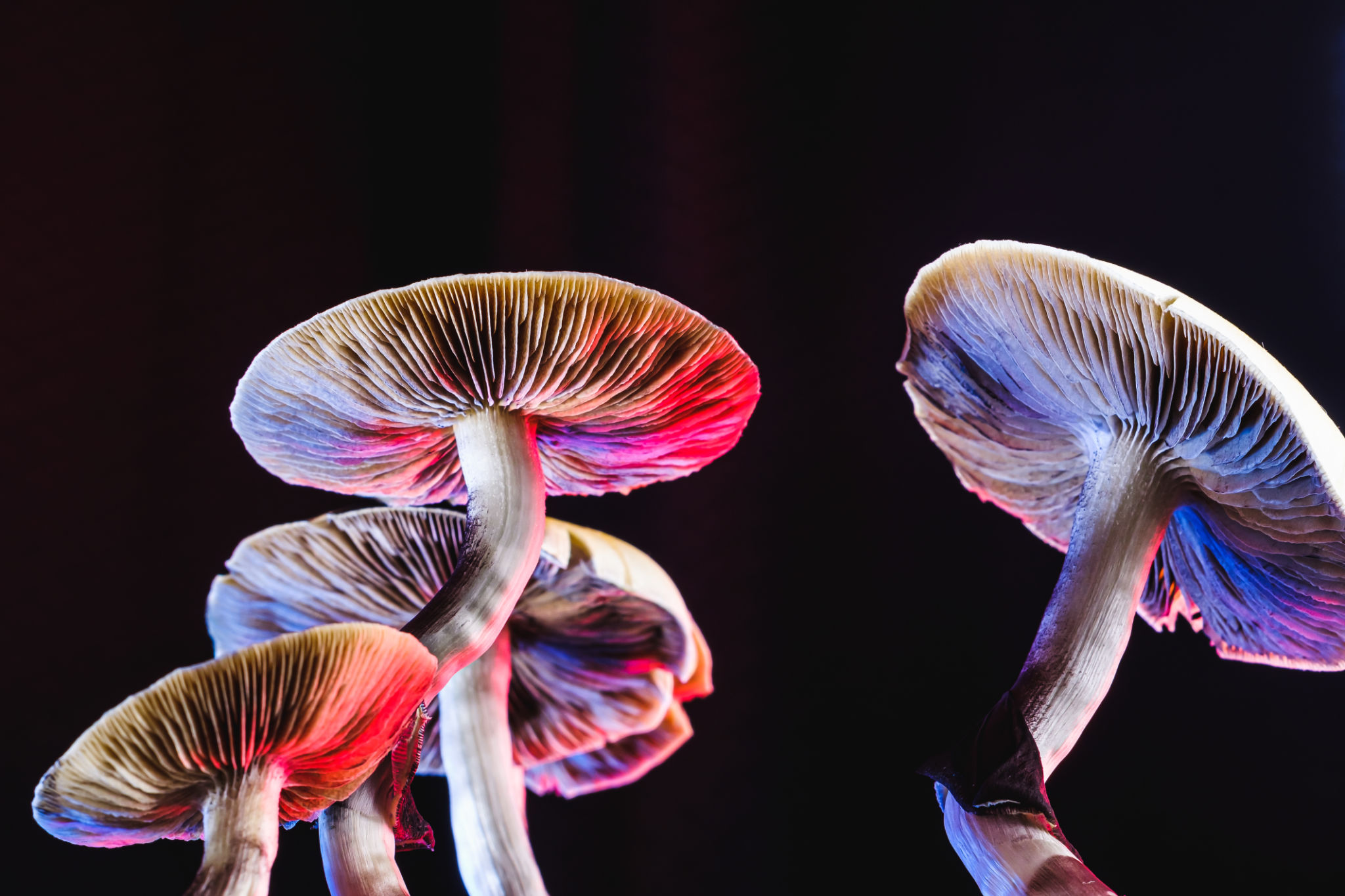How Psilocybin Therapy is Transforming Mental Health Treatment
The Rise of Psilocybin Therapy
Psilocybin, a naturally occurring psychedelic compound found in certain mushrooms, is making waves in the field of mental health treatment. Historically relegated to the realm of recreational use, psilocybin is now being studied and applied in therapeutic settings with promising results. This shift is largely due to groundbreaking research and changing societal perceptions around psychedelics.
Recent clinical trials have demonstrated psilocybin's potential to treat a variety of mental health conditions. From depression and anxiety to PTSD and addiction, psilocybin therapy is providing new hope for patients who have not responded to traditional treatment methods.

Understanding Psilocybin's Mechanism
Psilocybin works by interacting with serotonin receptors in the brain, particularly the 5-HT2A receptor. This interaction can lead to altered states of consciousness, which many researchers believe helps patients gain new perspectives on their mental health challenges. During therapy sessions, patients often report profound insights and emotional breakthroughs.
One of the key benefits of psilocybin therapy is its ability to facilitate deep psychological processing in a short amount of time. Unlike traditional antidepressants or counseling that may take weeks or months to show results, psilocybin sessions can lead to meaningful changes after just a few experiences.

Clinical Applications and Evidence
Psilocybin therapy is being explored for its efficacy in treating several mental health disorders:
- Major Depressive Disorder (MDD): Studies have shown a significant reduction in depressive symptoms after psilocybin-assisted therapy.
- Anxiety: Patients with anxiety disorders, particularly those with terminal illnesses, have experienced reduced anxiety levels following treatment.
- Post-Traumatic Stress Disorder (PTSD): Early trials suggest that psilocybin can help individuals process traumatic memories more effectively.
- Addiction: Psilocybin has shown promise in helping individuals overcome substance use disorders.
The evidence supporting these applications is still emerging, but the preliminary results are compelling enough to warrant further investigation and larger-scale studies.

The Therapeutic Process
Psilocybin therapy typically involves several key steps:
- Preparation: Patients undergo preparatory sessions with a trained therapist to set intentions and discuss what to expect during the experience.
- Administration: The psilocybin is administered in a controlled setting, often with music and a comfortable environment to enhance the experience.
- Integration: Post-session, patients work with therapists to integrate insights and emotions into their daily lives.
This structured approach helps ensure that patients not only have a safe experience but also derive maximum therapeutic benefit from the session.
The Future of Psilocybin Therapy
As research continues to unfold, the future of psilocybin therapy looks promising. Several countries and states are moving towards decriminalizing or legalizing psilocybin for therapeutic use, which could pave the way for wider acceptance and availability of this treatment modality.
The potential of psilocybin therapy to revolutionize mental health treatment is vast. With continued research and careful application, it may soon become a cornerstone in the fight against mental illness, offering hope to millions worldwide.

